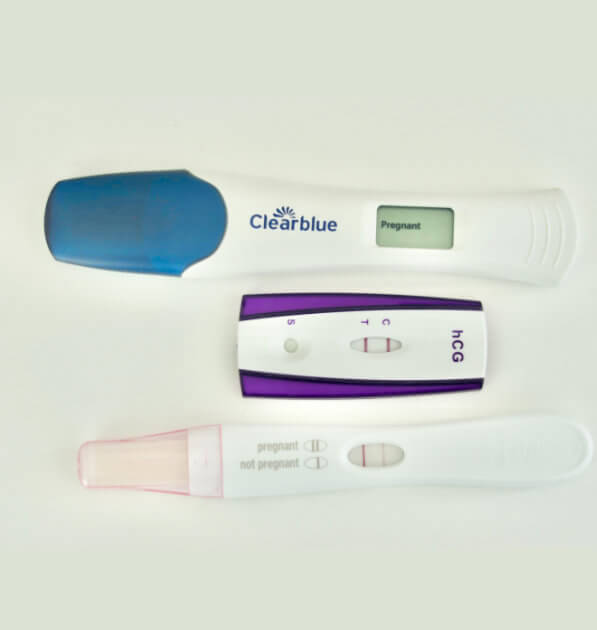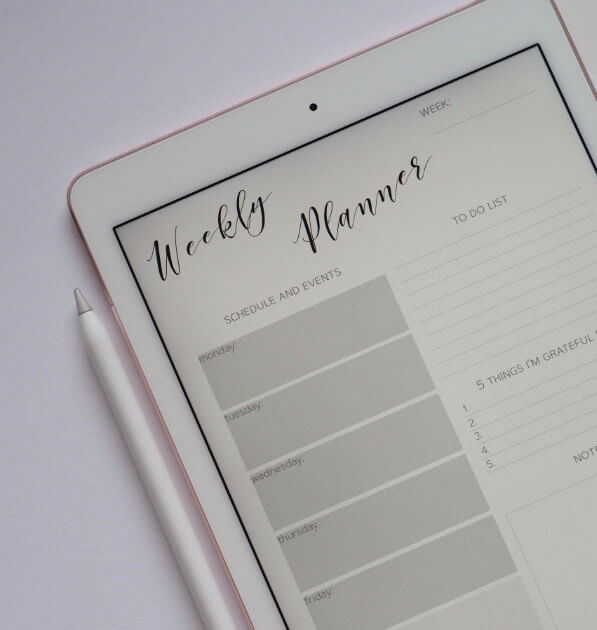Pregnancy is a remarkable and life-changing experience, and your initial steps can set the tone for a healthy and joyful pregnancy. Dr Lanziz Homar at Toowoomba Obstetrics and Gynaecology wants you to have an incredible pregnancy journey and provides guidance throughout its entirety. Today, let’s explore the first steps you should take when you become pregnant.
How Do I Know I'm Pregnant?
The early signs of pregnancy can vary from person to person, but common indications include:
- Missed periods
- Fatigue and increased tiredness
- Tender breasts
- Frequent urination
- Nausea and vomiting (morning sickness)
- Changes in appetite and cravings
- Mood swings
If you experience a combination of these symptoms, it’s a good idea to consider taking a pregnancy test.
How Do Home Pregnancy Tests Work?
Home pregnancy tests can detect pregnancy hormones in your urine as early as the first day of your missed period. These tests work by detecting the hormone hCG (human chorionic gonadotropin) that is produced during pregnancy. It’s important to follow the instructions on the test carefully. Most home pregnancy tests involve peeing on the test stick, and a line or symbol (as directed on the packaging) will display to indicate pregnancy.
How Accurate Are Home Pregnancy Tests?
Modern home pregnancy tests are highly accurate, with up to 99% accuracy; however, factors such as the timing of the test and how well you follow the instructions can influence the results. If you get a positive result, there’s a high likelihood that you’re pregnant. If you get a negative result but still suspect you might be pregnant, consider taking another test a few days later or consulting a healthcare professional.

What Does A GP Pregnancy Test Involve?
A visit to your general practitioner for a pregnancy test involves providing a urine or blood sample, which is then tested for the presence of hCG. For urine tests, GPs use similar testing methods to home pregnancy tests, so the process is relatively quick and straightforward. Both blood and urine pregnancy tests are approximately 99% accurate. If your GP confirms your pregnancy, they can guide you through your next steps and provide important advice on prenatal care.
How Is My Due Date Calculated?
When you find out you’re pregnant, you can calculate your due date based on the first day of your last menstrual period. Most pregnancies last around 40 weeks from the first day of your last menstrual period. Approximately eight weeks after you fall pregnant, a sonographer will conduct a dating scan to indicate how far along you are more accurately.
I'm Thinking Of Becoming Pregnant: What Should I Do?
The choice to become a parent is significant and exciting, and there are a few steps you should take to support your child from day one.
Prenatal Supplements
If you are thinking about becoming pregnant, or if there is a possibility that you could be pregnant, start taking prenatal vitamins or supplements that contain folic acid. This essential nutrient supports your baby’s early development and helps prevent certain conditions.
Avoid Alcohol And Harmful Substances
From the moment you start trying to conceive, it’s important to steer clear of alcohol, smoking, and recreational drugs. These substances can harm your baby’s growth and development.

I'm Pregnant: Now What?
Once you have a positive pregnancy test or confirmation from your GP, it’s time to take proactive steps.
Health Check
Once you discover that you’re pregnant, it’s a good idea to have a comprehensive health check, conducted by your GP. Here, your GP will perform both a blood and urine test to assess your blood type, iron levels, blood sugar levels, and the presence of any infections.
Book An Appointment With Dr Homar
As soon as you have a positive result – either from a home test or GP test – book an appointment with Dr Homar and gain a GP referral for the consultation. He will guide you through prenatal care, answer your questions, and monitor your health and your baby’s progress. Your first obstetrics appointment should occur around 6 to 8 weeks of pregnancy.
Scans And Check-Ups
Pregnancy scans and check-ups are important parts of your prenatal journey, and your obstetrician can guide you through these. In your first trimester, these usually include:
- Monthly appointments with your obstetrician for the first 28 weeks
- 8 weeks: Dating scan
- 9-12 weeks: Blood test for assessment of genetic conditions
- 10 weeks: Non-invasive prenatal testing (NIPT) for genetic screening
- 11-13 weeks: Translucency scan to test for chromosomal abnormalities
- 11-13 weeks: Chorionic villus sampling to assess health conditions
Start your pregnancy journey on the right foot with an obstetrician who prioritises your holistic health and understands your needs and goals. Dr Lanziz Homar at Toowoomba Obstetrics and Gynaecology provides personalised, respectful, and gentle obstetrics care. For compassionate guidance and support throughout your pregnancy journey, book an appointment with Dr Homar today.
